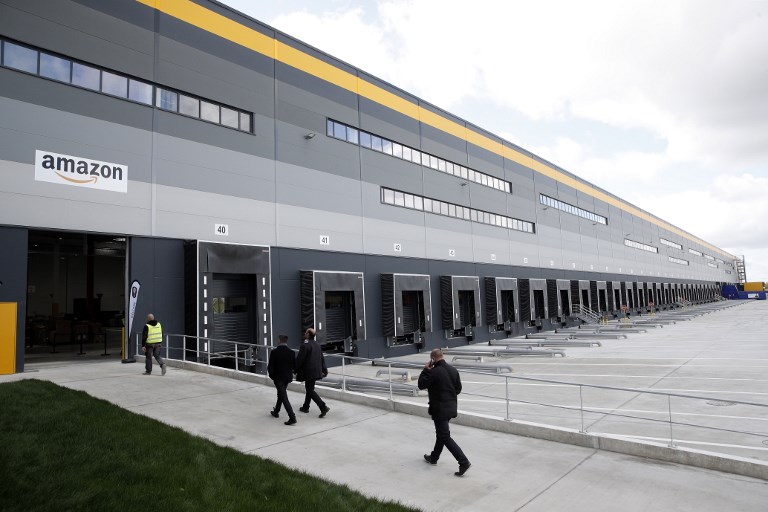In past July, France passed a law implementing a 3% tax to the French revenue of almost 30 major companies. Most of these companies are from the U.S. and Amazon was definitely included. Then, Amazo reacted by passing along the costs to thousands of French Amazon sellers.
Frances digital tax aims to level the playing field
So what is the reason that France’s government drives to this decision? They have said that he 3% digital tax aims to level the playing field between big tech companies and local businesses. Furthermore, it is also the effort of the government to rein in companies like Amazon, Facebook, and Google.
“Digital giants pay 14 tax points less that Europe’s small and medium-sized enterprises (SMEs)”, the Minister of Economy and Finance, Bruno Le Maire, explained in an interview in the Parisien. “The fact that such companies pay less tax in France than a large bakery or a cheese producer in Quercy creates a real problem.”
“Digital giants” were defined by two thresholds: one for companies with a global turnover on their digital activities of 750 million or more euros and the other for those making a turnover of over 25 million euros in France. The levy applies retroactively from January 1, 2019, and will raise an estimated 500 million euros per year.
The impacts of the tax on sellers and customers
Of course that France’s digital tax has faced significant backlash. US President Donald Trump already said that the tax unfairly targets American companies. According to economists working at CNBC, they said that that the tax measure would, for all intents and purposes, result in higher prices for consumers.
Peter Hiltz, director of international tax policy and planning at Amazon, called the 3% levy “harmful” and “discriminatory.”. He said, “It will negatively affect the hundreds of thousands of small and medium-sized businesses that use Amazon’s services to help reach customers in France.”
“This tax is aimed squarely at the marketplace services we provide to businesses, so we had no choice but to pass it down to Selling Partners,” Amazon said in a statement. “We recognize that this may place small firms in France at a competitive disadvantage to their counterparts in other countries.”
Virginie Lemaire, a single mother of two, she owned a handmade jewelry company Perle d’un jour. The increase fees announcement of Amazon was an unwelcome surprise for her. Because any increase in fees squeezes her profits, with margins already tight from other taxes and the cost of materials.
In an interview with CNBC, Lemaire said: “We’re not at all respected.” Now for her, selling with Amazon is already a stressful experience where the “customer is king.” She prefers other options such as Etsy, which brings in 70% of her total sales. Etsy only charges 10% in fees, while Amazon is 12.36%. She also pays for ads on Facebook to drive traffic to her own website.
You might also interested in Are You Guilty of These 5 Common Ecommerce Mistakes?
Google, Facebook, Amazon to testify in the US against French digital tax
A group of companies including Airbnb, Amazon, Expedia Group, Facebook, Google, Microsoft, and Twitter has testified at a U.S. government hearing on the French government’s digital services tax on Monday, August 19, 2019.
The U.S. Trade Representative’s Office describes the precedent-setting tax as “unreasonable”. The office could issue new tariffs on French goods or other trade restrictions after the public comment period closes on Aug. 26.
Alan Lee, Facebook’s global tax policy head, said in his testimony that the tax “poses difficulties for Facebook’s business model and will hinder growth and innovation in the digital economy” and would require a re-engineering of its systems.
He also added, “while we may have the necessary data to calculate the tax, it would require additional time and resources to capture this data and maintain it for these new tax and audit purposes.”
Google trade policy counsel Nicholas Bramble said in written testimony France’s tax is “a sharp departure from long-established tax rules and uniquely targets a subset of businesses.” And these giant companies said, “there is a high likelihood that the cost of the tax will be passed down the supply chain.”



